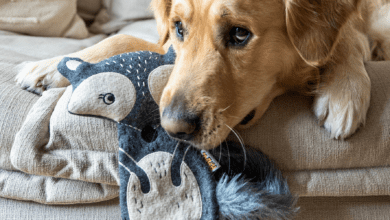9 out of 10 vets experience intimidating behaviour

85 percent of vets report that either they or a member of their team have felt intimidated by a client’s language or behaviour, according to a new survey.
Veterinary professionals are experiencing a high level of intimidation from clients bringing their animals into practices across the UK, according to the BVA.
While around half of vets have felt threatened by their clients’ actions or language many vets commented that support staff such as receptionists often bear the brunt of threatening behaviour.
Those vets who work with companion animals or in a mixed practice are particularly likely to have experienced difficult clients with 89 percent reporting some form of intimidating experience.
Younger vets and female vets were significantly more likely to have experienced some form of intimidation.
BVA’s survey revealed that animal owners’ intimidating language and behaviour is often related to the cost of treatment, with 98 percent of vets saying that at some time they feel under pressure from clients to waive fees or to accept the promise of late payment.
President of the British Veterinary Nursing Association, Sam Morgan said: “These statistics make for sad reading, but are certainly not surprising. Working within practice we have all either been subject to or witnessed that ‘difficult’ client.
“We understand there can be a lot of distress when pets are ill, but this is no excuse to be aggressive or intimidating to a member of the veterinary team. It’s important not to feel alone in these situations and to ensure there is awareness and support throughout the veterinary team.”
President of the British Veterinary Association, John Fishwick, said: “Every situation is different and has to be dealt with on an individual basis, but it’s concerning to see the figures around challenging client behaviour and fees. Owning an animal is an important responsibility and will cost tens of thousands of pounds over its lifetime.
“It’s important for everyone in the vet team to take pride in the healthcare and treatment they deliver, and, equally, they must feel valued for their services. These figures emphasise the importance of managing expectations around fees by ensuring a two-way discussion about options and costs so clients can make a decision in collaboration with the veterinary team.”
In a week that highlights well-being at work and work-life balance BVA and BVNA have worked together to provide some advice on how to deal with intimidating clients, as one of the two organisations’ first actions of collaborative working under their new Memorandum of Understanding.













